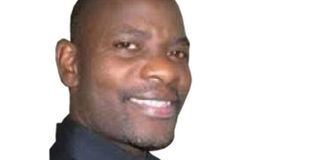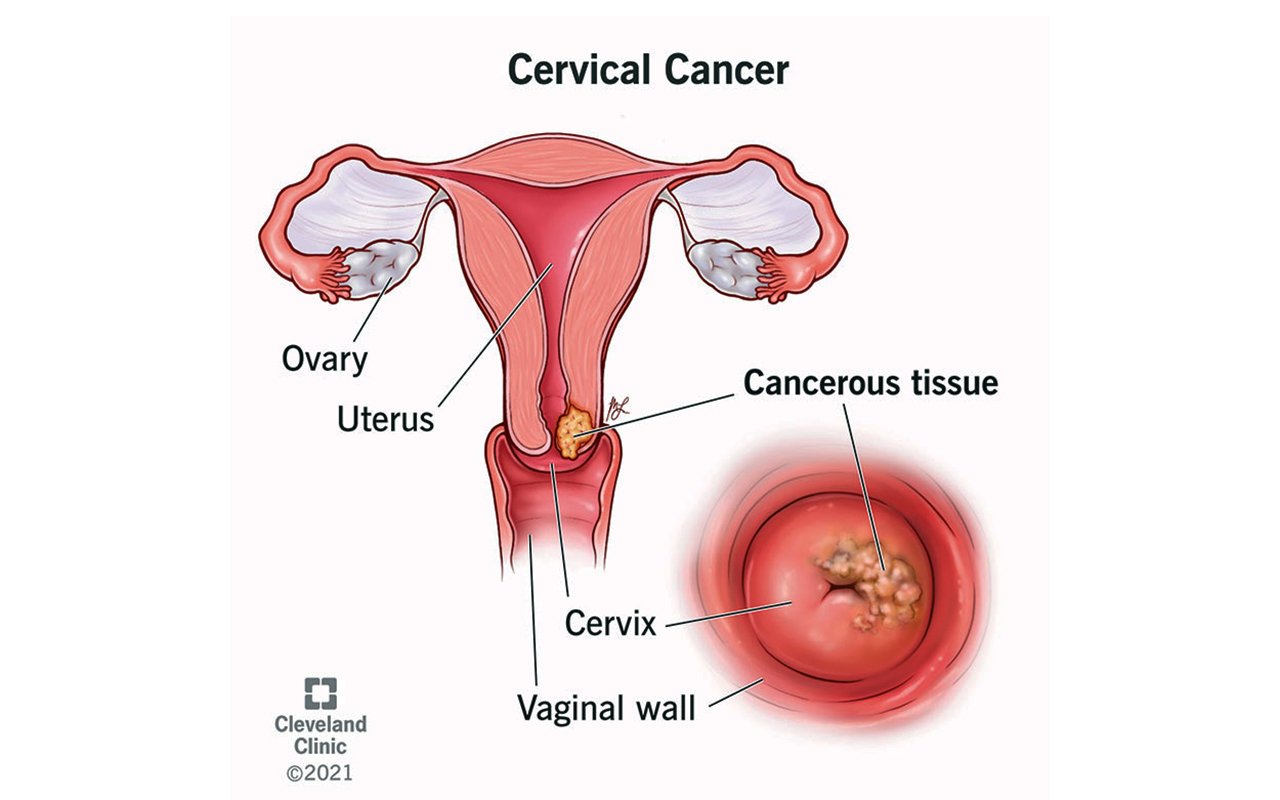When does the government have to admit it has let down people?

What you need to know:
- I did not get proper answers, but I told them that while I was able to reel off a laundry list of things the government and politicians were not doing for me, I had trouble thinking of what they were doing for me—and my family.
I once asked friends on social media to grab a pen and a piece of paper and write down three important things the government of Uganda and politicians have done for them, without which their lives would be particularly difficult.
I also asked them to write down three things the government and politicians had not done for them but they should be doing.
I did not get proper answers, but I told them that while I was able to reel off a laundry list of things the government and politicians were not doing for me, I had trouble thinking of what they were doing for me—and my family.
I am recounting this because of the sheer incompetence I have seen in our government since the coronavirus entered Uganda—and the excitement Ugandans have about politics and politicians, yet the politicians are the very people responsible for the mess we see all around us.
President Museveni made numerous addresses to the nation about the Covid-19 situation and promised food for people who were not working because of the lockdown. He promised face masks and said they would be available in a matter of months.
Few people took him seriously. Ugandans did the maths and discovered that, even with the best will in the world, his disorganised government could not provide face masks to 40-plus million Ugandans, at least not in months. And that is exactly what we are witnessing.
As things stand, many Ugandans with face masks have bought them using their hard-earned money. Yet the government that promised them face masks is around.
When the government tried to provide food, some people in Kampala slums managed to get some food, but it was insufficient. The President even made a video, desperately trying to show people how they had to share posho so that more people could get something to eat. I think that if a quarter of our population was going to rely on the government for food, they would simply starve.
It is all too easy to see that the government is doing precious little for ordinary Ugandans. The vast majority of people are not civil servants, so the government and politicians do not employ them. Many earn a living simply by hustling.
When they and their families need to consult a doctor, they go to private clinics, because public hospitals do not work well. They pay tuition fees for their children. They live in houses built with their own savings.
Homes built by the National Housing Corporation, the government agency responsible for fixing housing problems in Uganda, are prohibitively expensive. Ugandans would have to work for more than 100 years and save every shilling they earn in order to buy just one home.
Some say the government provides security. But try to dial 999 when, for example, armed robbers are forcing their way into your home. Our police will, nine times out of 10, tell you their pick-up trucks have no fuel. If they turn up at all, they will come one or two hours late.
People have had to deal with fake promises of face masks and food in part because we have fake politics, fake politicians, fake elections, fake Electoral Commission.
We are becoming a country of fakes: fake voters on the register, fake academic qualifications, fake institutions of higher learning, fake police, fake Opposition, fake investors, fake investments, fake businesses, fake land titles, fake middle-class, fake employers and employees, pretty much fake everything.
Mr Namiti is a journalist and former
Al Jazeera digital editor in charge of the Africa desk
[email protected] @kazbuk




